Are Refractor Telescopes Good ?
Refractor telescopes are a type of telescope that use lenses to gather and focus light. They have several advantages, such as providing high contrast images and being relatively low maintenance. However, they also have some limitations, including being more expensive for larger apertures and being prone to chromatic aberration. Ultimately, whether refractor telescopes are considered "good" depends on the specific needs and preferences of the user.
1、 Optical Design: Advantages and limitations of refractor telescopes
Refractor telescopes have long been regarded as a reliable and effective tool for observing celestial objects. Their optical design offers several advantages that make them a popular choice among astronomers.
One of the main advantages of refractor telescopes is their ability to provide high-quality, sharp images. This is due to the fact that they use lenses to gather and focus light, which minimizes the distortion and aberrations that can occur in other types of telescopes. The use of lenses also allows for a wide field of view, making refractors ideal for observing large objects such as the Moon or planets.
Another advantage of refractor telescopes is their durability and low maintenance requirements. Unlike reflector telescopes, which use mirrors that may require regular cleaning and alignment, refractors have sealed optical tubes that are less prone to dust and debris. This makes them a reliable choice for long-term use, especially in remote or harsh environments.
However, refractor telescopes also have some limitations. One of the main drawbacks is their cost. Due to the precision required in manufacturing high-quality lenses, refractors tend to be more expensive compared to other types of telescopes. Additionally, the size and weight of refractors can make them less portable and more challenging to transport.
In recent years, there has been a resurgence of interest in refractor telescopes, driven by advancements in lens technology. New materials and coatings have improved the performance of lenses, reducing chromatic aberration and increasing light transmission. Additionally, the development of apochromatic refractors has further enhanced the image quality, making them a viable option for astrophotography.
In conclusion, refractor telescopes offer several advantages, including high-quality images and low maintenance requirements. However, their cost and size can be limiting factors. With ongoing advancements in lens technology, refractors continue to be a good choice for both amateur and professional astronomers.
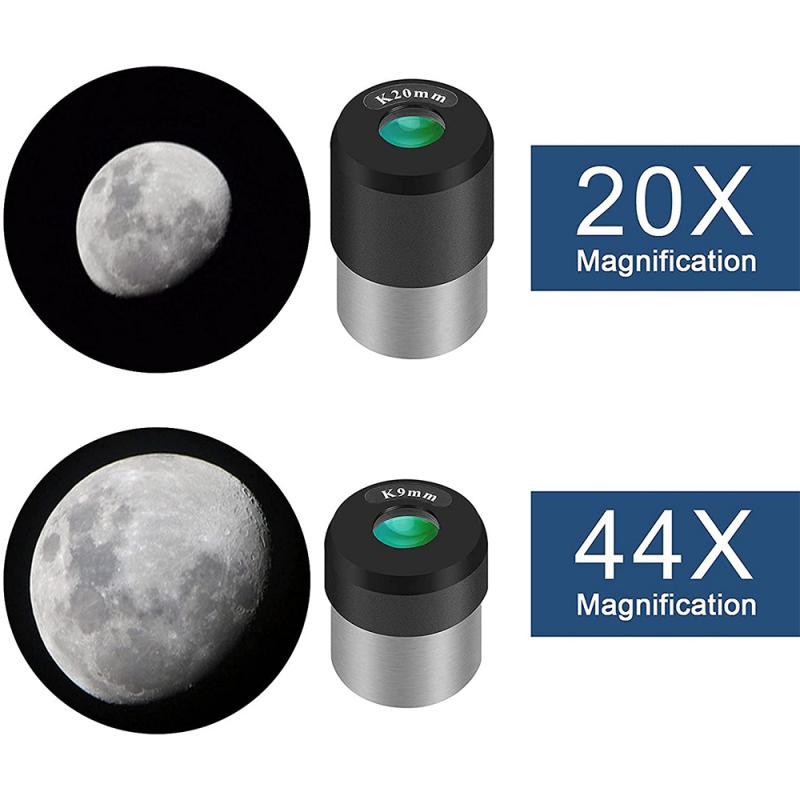
2、 Image Quality: Evaluating the clarity and sharpness of refractor telescopes
Refractor telescopes are known for their excellent image quality, making them a popular choice among astronomers and amateur stargazers alike. The primary advantage of refractor telescopes lies in their ability to produce clear and sharp images. This is due to the design of the refractor telescope, which uses a lens to gather and focus light.
The lens in a refractor telescope helps to minimize optical aberrations, such as chromatic aberration, which can cause color fringing and reduce image quality. By using high-quality lenses and coatings, modern refractor telescopes have significantly reduced these aberrations, resulting in improved image clarity.
Furthermore, refractor telescopes are less affected by atmospheric conditions compared to other types of telescopes. This means that even in areas with light pollution or turbulent air, refractor telescopes can still provide clear and detailed views of celestial objects.
In recent years, advancements in lens technology and coatings have further enhanced the image quality of refractor telescopes. Manufacturers have developed specialized lenses, such as apochromatic lenses, which virtually eliminate chromatic aberration. Additionally, anti-reflective coatings on the lenses help to increase light transmission and reduce glare, resulting in even sharper and more detailed images.
However, it is important to note that the image quality of a refractor telescope also depends on factors such as the size and quality of the lens, as well as the overall build and stability of the telescope. Therefore, it is crucial to choose a reputable brand and consider the specifications of the telescope before making a purchase.
In conclusion, refractor telescopes are indeed good when it comes to image quality. With advancements in lens technology and coatings, they continue to provide clear and sharp views of the night sky, making them a reliable choice for both amateur and professional astronomers.
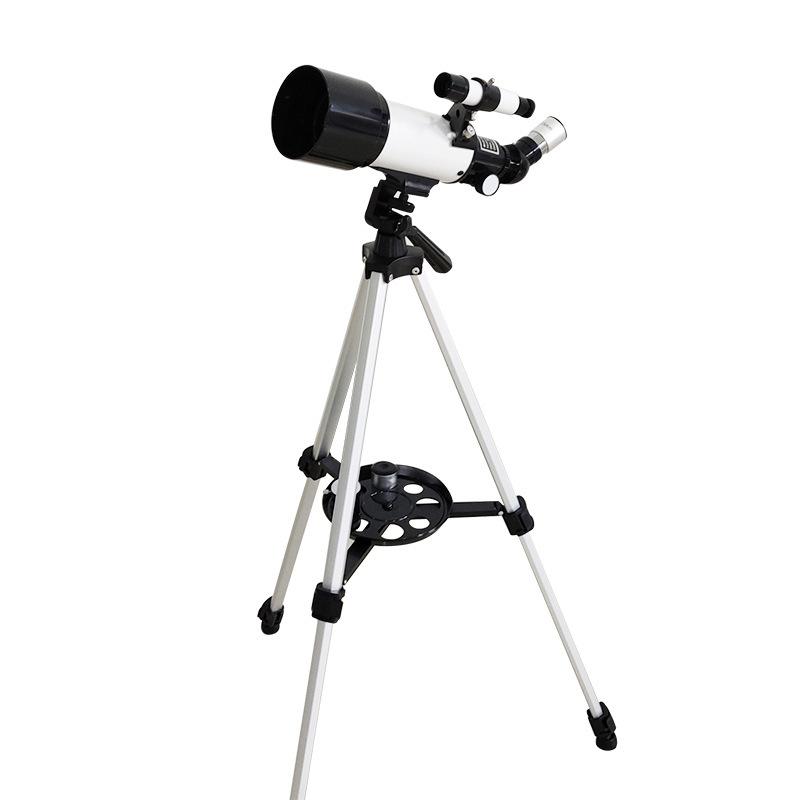
3、 Portability: Examining the convenience and ease of transporting refractor telescopes
Refractor telescopes are generally considered to be good instruments for observing celestial objects due to their excellent image quality and versatility. However, when it comes to portability, refractor telescopes have both advantages and disadvantages.
One of the main advantages of refractor telescopes in terms of portability is their compact and lightweight design. Compared to other types of telescopes, refractors are often more manageable to transport, making them a popular choice for astronomers who frequently travel to different observation sites. Their compact size also means that they can be easily stored and set up in smaller spaces, such as balconies or rooftops.
Additionally, refractor telescopes do not require frequent collimation, which is the process of aligning the optical components of a telescope. This means that they can be quickly assembled and ready for use, making them convenient for spontaneous stargazing sessions or for those who prefer a hassle-free setup.
However, it is important to note that larger refractor telescopes can still be quite bulky and may require additional equipment, such as tripods or mounts, to ensure stability during observations. This can add to the overall weight and complexity of transporting the telescope.
Furthermore, advancements in technology have led to the development of more portable options, such as compact refractor telescopes with retractable tubes or collapsible designs. These innovations have made refractor telescopes even more convenient for those who prioritize portability.
In conclusion, refractor telescopes offer a good balance between image quality and portability. While they may not be as portable as smaller instruments like binoculars, their compact size, ease of setup, and advancements in design have made them a popular choice for astronomers who value convenience and ease of transportation.
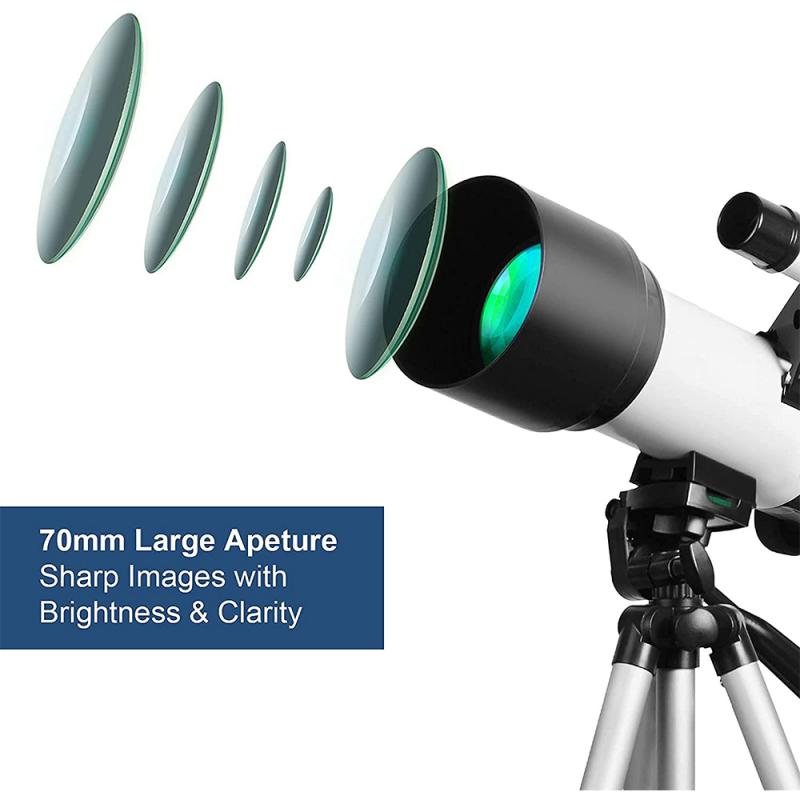
4、 Maintenance: Understanding the upkeep and care required for refractor telescopes
Refractor telescopes have long been regarded as a reliable and high-quality option for amateur astronomers. They offer several advantages that make them a popular choice among stargazers. However, it is important to understand the maintenance and care required for these telescopes to ensure their optimal performance.
Refractor telescopes are known for their excellent image quality and sharpness. They use lenses to gather and focus light, resulting in clear and crisp views of celestial objects. This makes them particularly well-suited for observing planets, the Moon, and other bright objects in the night sky. Additionally, refractors are typically more compact and portable compared to other telescope designs, making them convenient for travel and outdoor use.
Maintenance for refractor telescopes primarily involves keeping the lenses clean and free from dust, fingerprints, and other debris. Regular cleaning with a soft cloth and lens cleaning solution is recommended, taking care to avoid scratching the delicate lens surfaces. Additionally, it is important to store the telescope in a dry and dust-free environment to prevent any damage to the optics.
In recent years, there have been advancements in lens coatings and materials used in refractor telescopes, further enhancing their performance. Anti-reflective coatings on the lenses help to reduce glare and improve light transmission, resulting in brighter and more detailed views. Additionally, newer refractor models may incorporate low-dispersion glass elements to minimize chromatic aberration, a common issue in older refractors.
Overall, refractor telescopes are considered to be a good choice for amateur astronomers, especially those interested in planetary observation and astrophotography. With proper maintenance and care, these telescopes can provide years of enjoyable stargazing experiences.
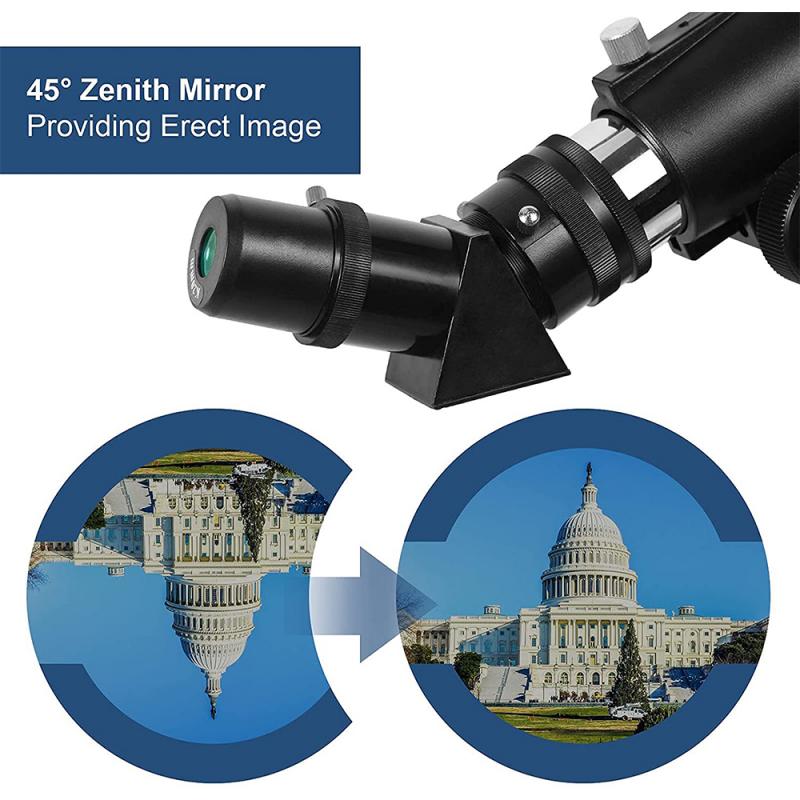



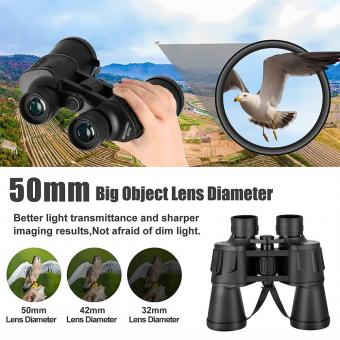


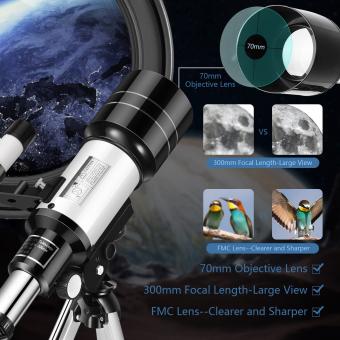
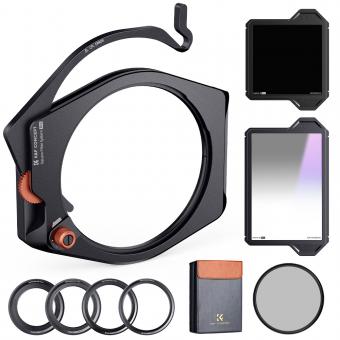

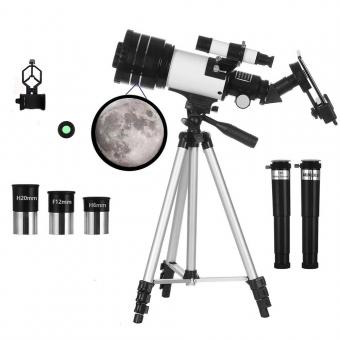

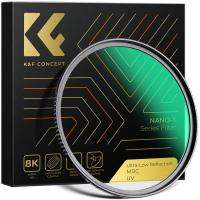


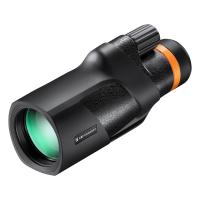
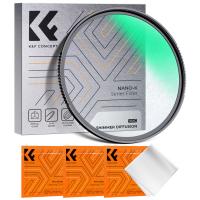


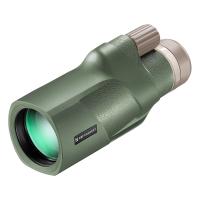
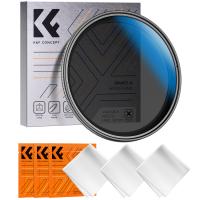

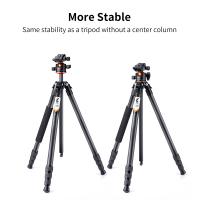


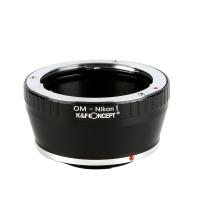
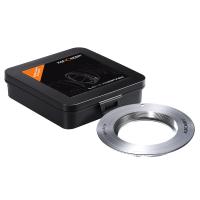
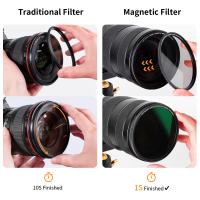


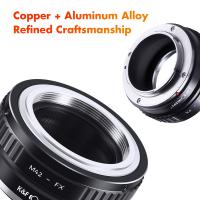
There are no comments for this blog.